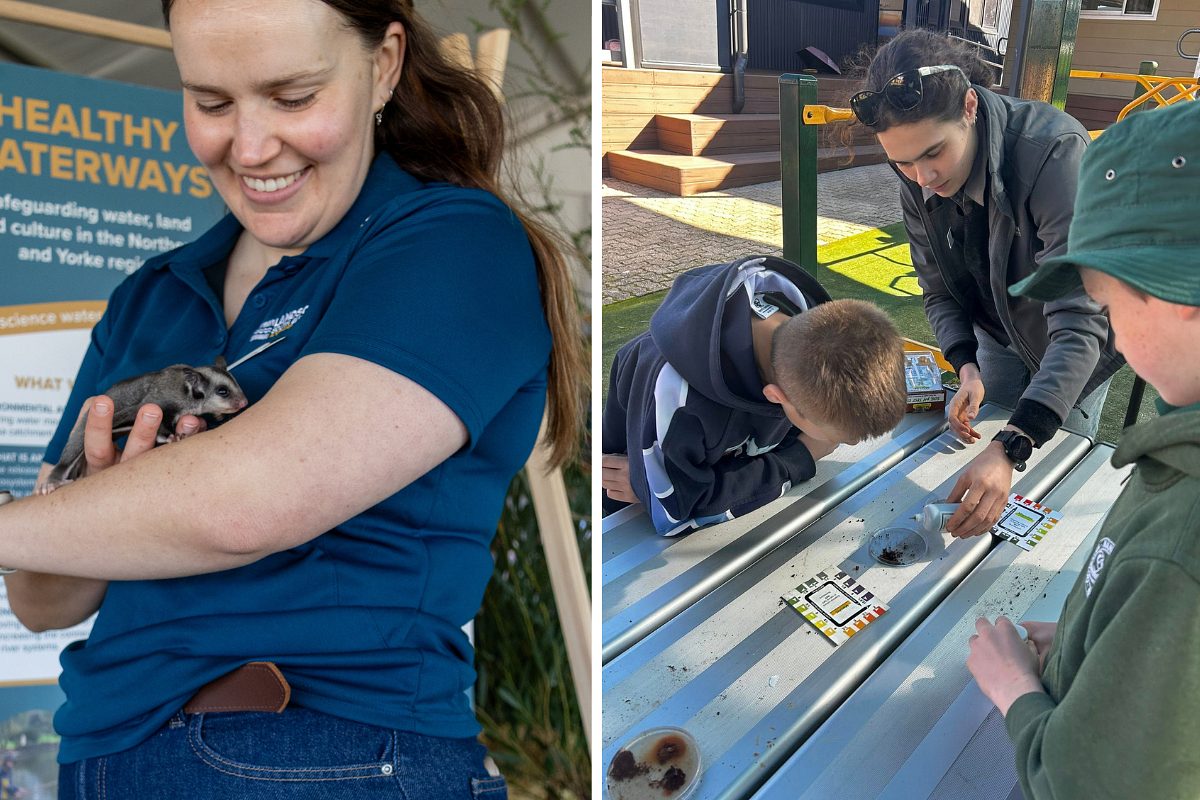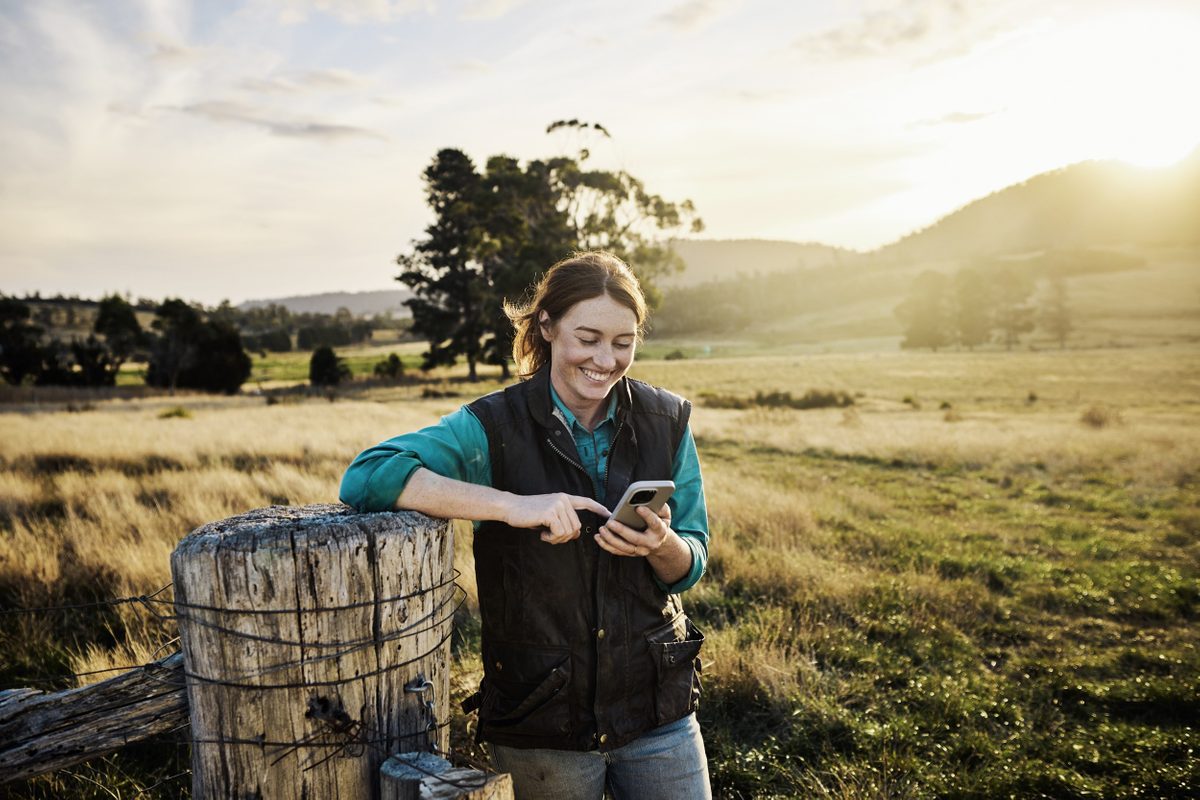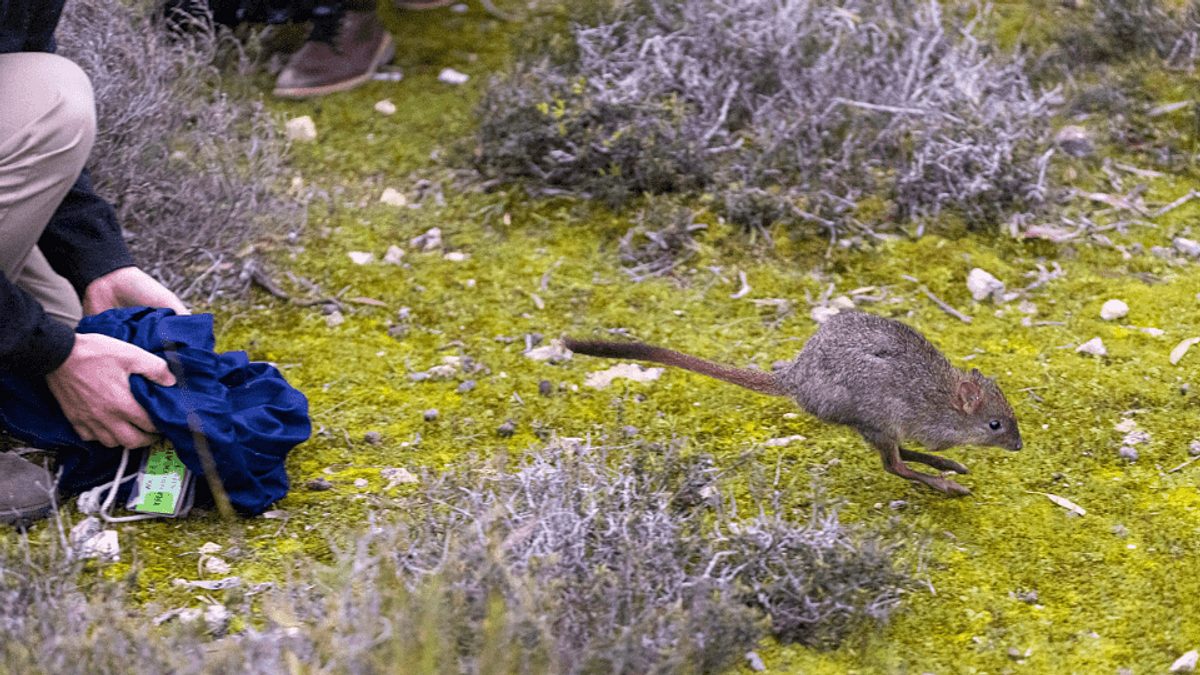Plover chicks Point Turton's newest residents
With help from Friends of Hooded Plover volunteers, two pairs of threatened hooded plovers hatched four tiny chicks at Point Turton last week.
After four weeks of around-the-clock care and attention, the first little chick hatched on Monday, with three more hatching Saturday, and all are now learning to feed at the water’s edge under the constant watchful eye of their parents.
Breeding pairs of hooded plovers take shifts incubating their eggs, laid directly on the sand above the high tide line, while the partner bird stays nearby on the lookout for approaching threats, such as off-leash dogs, vehicles and other birds.
Natural Resources Northern and Yorke Landscapes Ranger Janet Moore said volunteers first spotted a nest by the boat ramp, and days later another was spotted west of the swimming centre in mid-October. They erected temporary signs alerting beach-goers to the birds’ presence.
“Thanks to the vigilance of volunteers, and the willingness of the community to give the birds the space they need to successfully incubate their eggs, we have our first recorded chicks on Yorke Peninsula for this breeding season,” she said.
Ms Moore said the plover families have a challenging time ahead, with less than 20 per cent of chicks surviving the five weeks it takes for them to be able to fly away from predators.
“The chicks will need to feed undisturbed, at the water’s edge, for 35 days before they have grown enough to be able to fly, leaving them extremely vulnerable on the beach,” she said.
“These chicks will not be able to fly until just before Christmas and until then each time the parents see an approaching threat they will call the chicks into hiding, which leaves them vulnerable to exhaustion, starvation and heat exposure.”
Local BirdLife Australia volunteer Nanou Carbourdin has been monitoring the breeding birds since the nests were found and says there are simple ways people can help the chicks survive.
“If you see the signs on the beach, or spot the plover family, please give them plenty of space, walk by at the water’s edge quickly, leash your dog and do not remain in the area,” she said.
“It would be wonderful if these chicks were able to grow and survive to become part of the Yorke Peninsula adult population.”
If you are interested in becoming a Friends of Hooded Plover volunteer or would like further information, please contact Janet Moore of Natural Resources Northern and Yorke on 0447 418 391 or janet.moore@sa.gov.au


